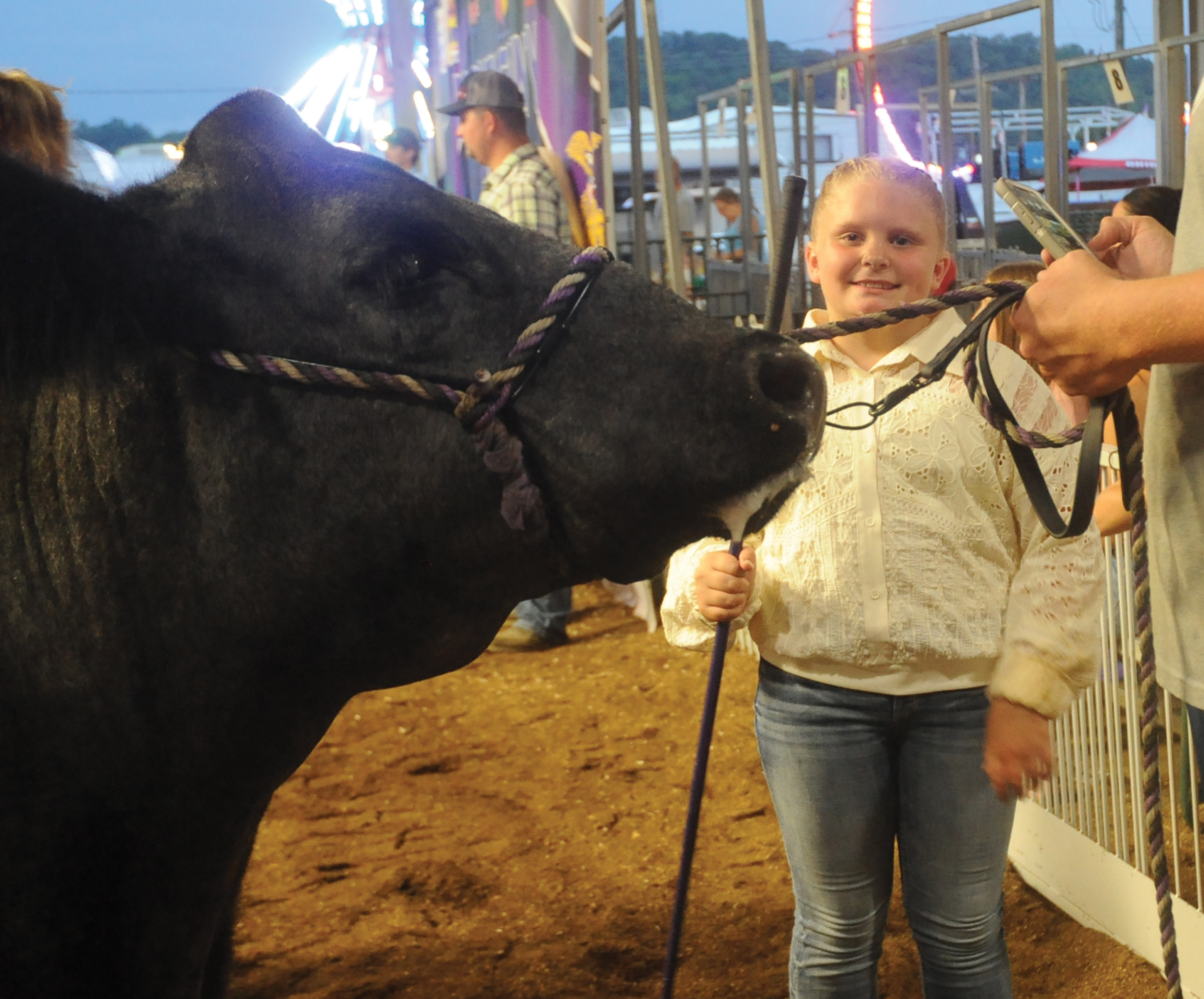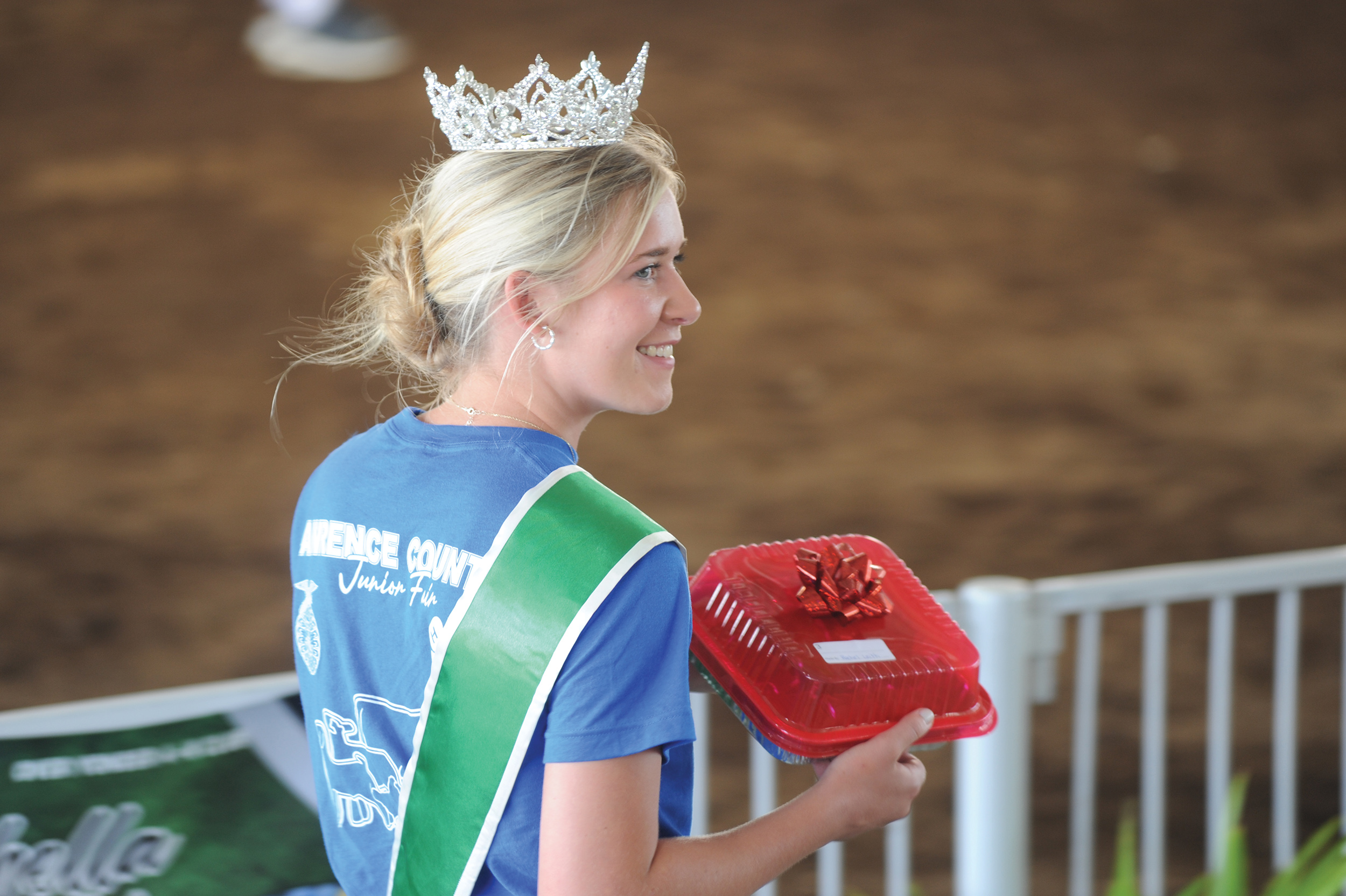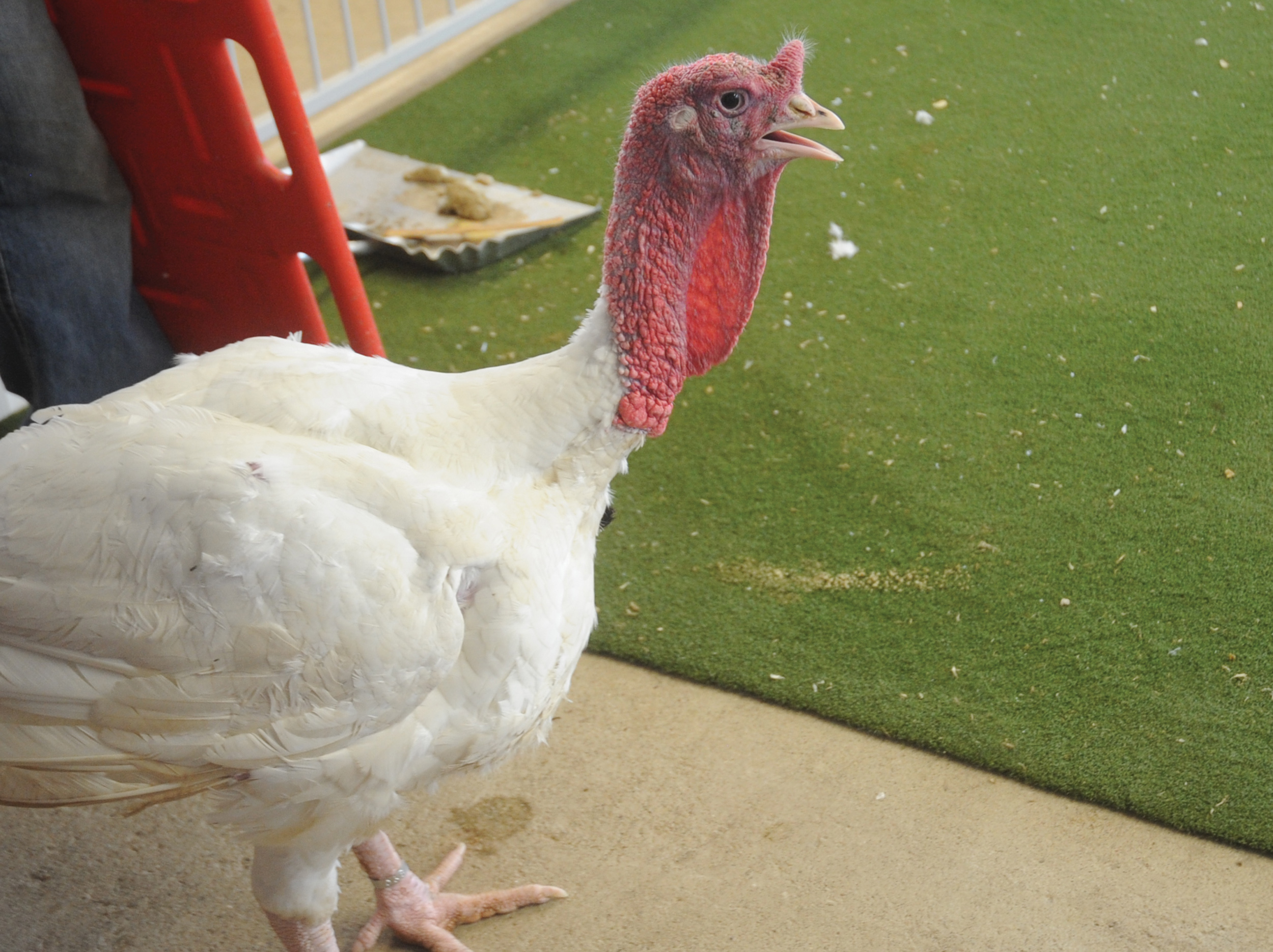Grief workshop uses yoga as coping tool
Published 12:00 am Sunday, November 10, 2013
SOUTH POINT — In a dimly lit room at Slack and Wallace Funeral Home in South Point, yoga instructor Katrina Mailloux’s voice is the only sound.
“I…(inhale)…am…free…(exhale),” she tells the class.
There are no step-by-step instruction manuals dedicated to coping with grief, but Mailloux, a South Point native and owner of Brown Dog Yoga in Huntington, W.Va., and Beth Wallace, co-owner of Slack and Wallace, are attempting to at least provide grief-stricken people with another coping tool.
Trending
Mailloux is a registered yoga instructor and on Saturday she was giving instruction not at her Heritage Station business, but at Slack and Wallace for an hourlong workshop aimed at helping people cope with grief called “You’re Overcoming Grief Actively,” or YOGA.
“This workshop will help people utilize yoga to navigate through emotional pain caused by loss,” Mailloux said. “Yoga encompasses many levels of discipline such as focus, meditation and concentration. Today I will help these people use breathing and inner strength to help move sadness and pain out of their bodies.”
It is called yoga nidra, or “sleep yoga,” and puts people in a sleep-like state during meditation. The goal of yoga nidra is for one to reach the deepest level of relaxation possible while maintaining full consciousness.
This is the second workshop held at the funeral home and Slack and Wallace co-owner Beth Wallace said her plan is to offer it monthly after the first of the year. The idea for the workshop came to her after attending prenatal yoga sessions.
“We had our first grief workshop last month and it went really well,” she said. “The idea of doing this just came to me through wanting to offer more to the people in the community. I want people to know this funeral home is more than just a place to come and mourn the loss of a loved one, we want to help people get over it. We want to help them in the long term.”
Mailloux, a former practicing attorney, spoke to the class about the hypothesis introduced by Dr. Elisabeth Kubler-Ross in her 1969 book “On Death and Dying” commonly known as the “five stages of grief.” The stages are denial and isolation, anger, bargaining, depression and acceptance.
Trending
“There is no linear pattern here,” she said. “A person can go from step one to straight to step five or be in a particular stage for a long, long time.”
Mailloux said she does not completely subscribe to the “five stages” theory and is currently lobbying to have it removed or replaced as the go-to model for coping with grief.
“The ‘five-stages’ model boxes people in,” she said. “If a person is not in one of the five stages, people tend to think something is wrong with them. I think we should do away with those stages because there is no time limit on grief.”
Mailloux had participants sit in metal folding chairs with their arms and legs uncrossed, feet flat on the floor, hands in their laps with eyes closed. She then instructed them to breath in and out through the nose.
“Nasal breathing keeps you out of the fight-or-flight stage,” she told the class. “It softens the mind’s eye.”
Class members were led through a low-impact and simultaneous breathing exercise/guided meditation in an attempt to “take their minds to a place far away” from the grief they are experiencing.
“Your mind can be anything you want it to be,” she said. “It can take you anywhere you want it to take you.”
The loss of a loved one doesn’t necessarily mean death, Mailloux said, and the cause of grief isn’t always in regard to a human.
“I have a friend who never married and had no kids,” she said. “She had a dog for years and it died, which caused her intense grief and pain. She grieved badly. Her love for that dog was as real and as palpable as any love I have ever seen.”
Two people present at the workshop were Kelli Smith, of Salt Rock, W.Va., and her sister, Tanya Fletcher, of South Point. Neither woman was coping with grief caused by a death, but both insisted they needed to be there.
“We are here to learn another way to deal with life’s hard parts,” Smith said. “I am looking for a new center and to ground myself.”
Fletcher said her reasons for being there were the same as her sister’s, but at the same time she has different reasons, too.
“We each have things we are dealing with,” she said. “Some are the same things, but she has hers and I have mine.”
The workshop is something Mailloux and Wallace a method available to them at anytime to ease the pain caused by grief.
“You’re going to have another loss in your life, that’s inevitable,” Mailloux told the class. “Being here today will help you deal with that loss and enable you to help other people by showing them what you have learned.”
Questions about the workshop can be directed to Wallace at Slack and Wallace by calling 740-894-4321 or Mailloux at 304-617-6240. More information is available at www.browndogyoga.com.





